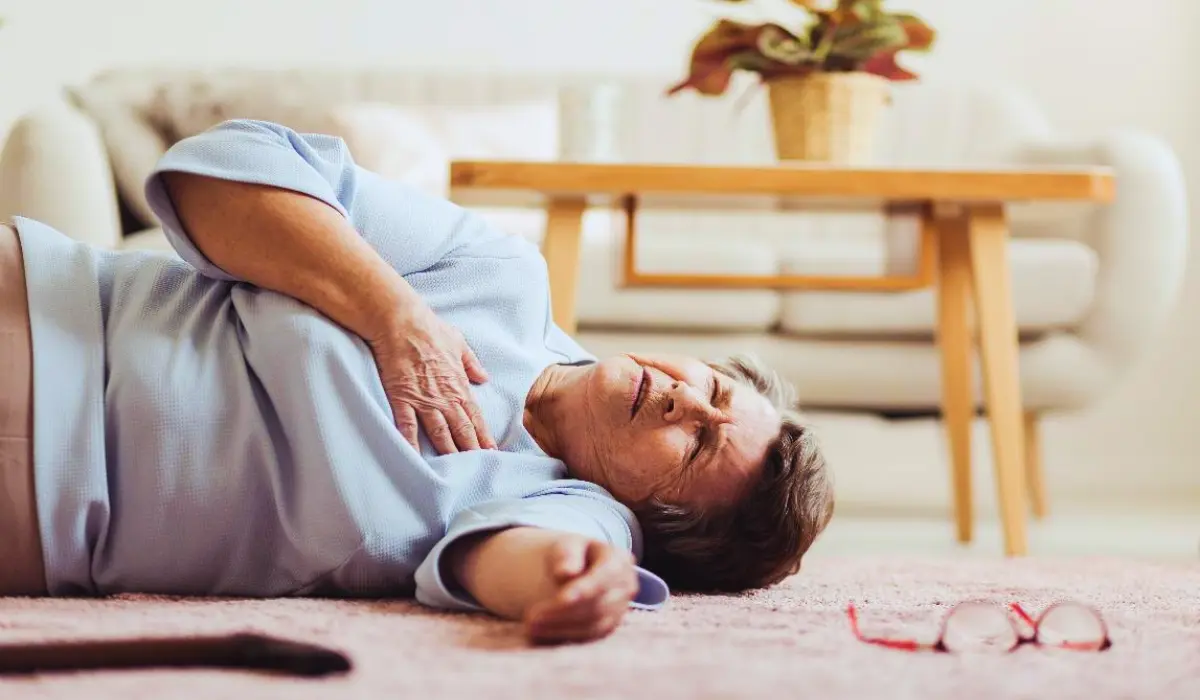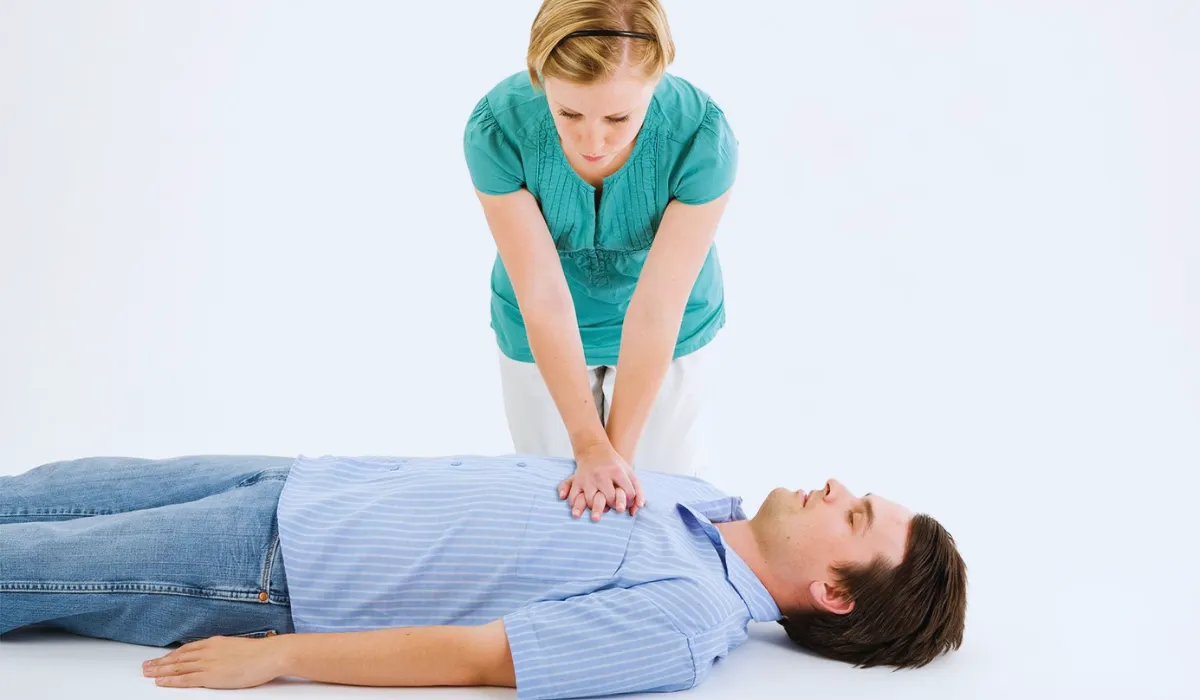Heart diseases have unfortunately become a common phenomenon. It is one of the most vicious and painful illnesses that could affect a person and could render him/her motionless. It has a lot to do with our lifestyle which includes the way we diet, exercise, substance abuse, and other factors. Claiming this number of lives every year, the awareness about this needs to be spread. Through this blog, we aim to give you a comprehensive idea about cardiac arrest, its causes, symptoms, and tests. Its management and prevention will also be discussed in detail for you to help someone or yourself.
Cardiac Arrest: An Overview
Heart attack can be characterized as the stoppage of all heart functions like pumping and distribution of blood and in the course, beating. When this happens, other organs including the brain don’t get enough oxygen and they shut off. In some individuals, the mistake is often pointed out to be the electrical impulses sent by the heart that are no longer interpreted properly. This goes without saying that a heart attack demands an immediate intervention as without the same the person could die.
Symptoms and Causes
There are a few symptoms used to identify heart attack before it becomes fatal. These include-

🔸 Sudden loss of response– A person with a heart attack could be unconscious in the snap of a finger. Once the oxygen supply to the brain cuts off, our body shuts down immediately.
🔸 Abnormal breathing pattern– The person often finds it difficult to keep up with a normal breathing pattern. It might feel like they are being suffocated and therefore show those signs.
🔸 No pulse or a weak pulse– A person who is in cardiac arrest might not have a strong pulse as their heart ceases to beat. Additionally, in some cases when they might have a pulse, it would be faint.
The causes of heart attack include the following:
- Coronary heart disease– It is a condition where the heart vessels are blocked by cholesterol making it unfit to transport blood.
- Heart attack– Also known as myocardial infarction, this occurs when the arteries throw up a clot, and one side of the heart is rendered unusable.
- Ventricular fibrillation– This happens when the 72 beats per minute reduces or increases causing severe arrhythmia.
- Heart failure– This occurs when the heart stops pumping blood and circulating it around due to a defective organ.
- Certain medications– The medications for certain diseases including those that affect the electrolyte balance could lead to hypotensiveness.
Diagnosis and Tests
Once the patient inhibits these symptoms they could be subjected to a detailed checkup including –
- Physical examination– This includes taking their pulse, responsiveness to stimuli, and breathing patterns.
- ECG or EKG– Electrocardiogram is administered to see if the electrical signals sent by the heart are expressed in the right way.
- Blood tests– Once the first two show some significant deviation, patients are asked to undergo a complete blood count test and other tests to find the amount of cholesterol in their blood. The amount of WBC is also calculated to come up with a better plan to protect the heart walls.
- Imaging tests– Includes MRIs and CT scans to project the cardiac structures in case, the defect lies with the vessels.
Management and Treatment
Cardiac arrests can be fatal and one needs to respond quickly. If you are someone who needs to give immediate care to a person with cardiac arrest, you might want to

- CPR– Cardiopulmonary resuscitation by entangling the hands and then applying pressure to the heart area to make it beat. This can help pump blood manually.
- Defibrillation– If the CPR isn’t enough, you could send electric shocks to the body in a graded manner so that the person revives and picks up the pace.
- Medication– Doctors also might inject medications like Epinephrine and medications to lessen arrhythmia. and restore normal sinus rhythm.
- Advanced life support– Some people might not be yet ready to breathe on their own and that is when they are subjected to a ventilator, oxygen, or other superior life-saving efforts.
- Surgeries– It could be bypass or angioplasty or placing a pacemaker depending on the damage your heart has retained,
- Post cardiac arrest care– After giving the needed care target temperature therapy is considered to minimize the brain damage.
Cardiac Arrest: Prevention
There are different changes you could adopt in your daily life to prevent yourself from getting a cardiac arrest.
- Lifestyle changes– The primary change you should adopt will be the inclusion of a balanced diet along with exercise in your routine. You must also stop smoking and consuming alcohol recklessly.
- Regular health checkups– Your regular health checkups should monitor a regular health ailment you might have been having like diabetes.
- Automatic Defribilatir availability– Once you are diagnosed with the condition, you might want to be around this machine or carry a portable one with you. Traveling alone should be avoided at all costs.
- Education and training– Basic CPR training should be provided to your primary caregiver so that he/she can help you in a moment of crisis.
- Management of underlying conditions– Conditions like coronary disease or arrhythmia should not be taken lightly. They should be dealt with caution and the guidelines provided must be followed properly to avoid cardiac arrest.
Read More: What Is The Fastest Way To Improve Heart Health?
Conclusion
Cardiac arrest is a fatal condition one could be dealing with. However, the important thing is to follow the procedures as asked by the doctor. You could also work with regular checkups so that you know about the symptoms. This way you could reduce its occurrence in public or unfamiliar places where the chances of not getting help would be high. Moreover, if any medications are suggested to be taken in an emergency, make sure you take them with you at all times so that you avoid any unfortunate events. Along with this diet and exercise should also be taken care of. Sleeping and stress reduction can help toward this endeavor.
References
- Kuller LH. Sudden death–definition and epidemiologic considerations. Prog Cardiovasc Dis. 1980 Jul-Aug;23(1):1-12. [PubMed]
- Marijon E, Uy-Evanado A, Dumas F, Karam N, Reinier K, Teodorescu C, Narayanan K, Gunson K, Jui J, Jouven X, Chugh SS. Warning Symptoms Are Associated With Survival From Sudden Cardiac Arrest. Ann Intern Med. 2016 Jan 05;164(1):23-9. [PMC free article]